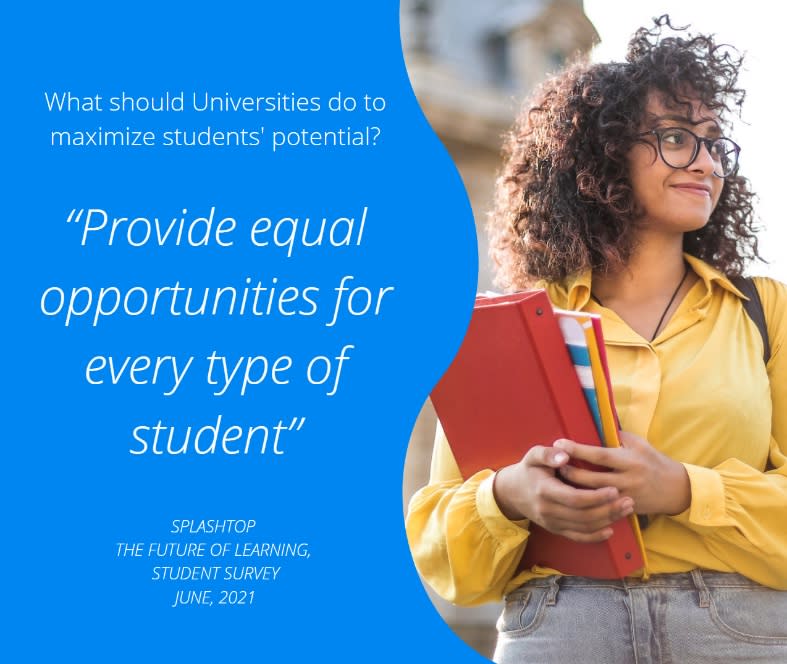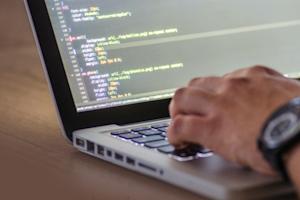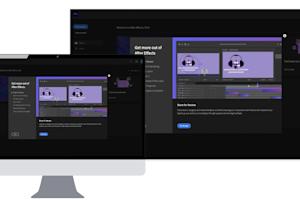The vision of hybrid learning
Alexander Draaijer, Splashtop General Manager of EMEA, remembers that until 2020, academic institutions were strongly based on traditional face-to-face interactions and learning methods, just like the corporate world. Only approximately 30% of the companies providing support and customer service would have allowed any kind of work from home model.
When COVID-19 hit the educational and corporate sectors, both sectors had to support digital transformation and implement new ways of working or learning from home. As many of us read, the academic sector had a more difficult time adjusting to this changed reality and found itself less prepared than many corporate organizations.
According to a UNESCO report, 1.3 billion students around the world were not able to attend schools or university courses as of March 2020. These unfortunate events challenged educational institutions to respond promptly and implement hybrid working solutions to ensure that students could and would continue to learn.
“By November 2020 hybrid learning and working models were accepted as “normal”. The switch from traditional working and learning has happened in a few months' time and it’s here to stay,” Alexander said.
According to a Gartner survey, by November 2020, 90% of corporations allowed a certain work from home model. Alexander further explained that the new norm for educational institutions was also to fully shift to a hybrid model where physical learning is combined with remote solutions.
How can academic institutions leverage a hybrid learning environment that allows them to maximize their students’ potential while saving cost and achieving educational equality?
The question of how higher education can leverage hybrid learning came up a few times during the webinar. While schools can implement a VPN (Virtual Private Network), VPN solutions can be expensive, and performance can be hampered by latency in streaming. A better and more cost-effective way is to leverage the current infrastructure of the educational institute with a high-performance remote access solution to have the best student experience. Are you looking for a hybrid learning solution?
Using a remote access solution like Splashtop allows institutions to continue teaching remotely and ensure scheduled remote access to specialized on-campus software and creative applications for the students. This new way is a better student-centric approach and meets diverse learners’ needs, while also providing learning continuity in the academic world.
A hybrid learning environment also creates more opportunities since educational institutions can leverage increased hours of operation on their current infrastructure with a 24/7 access. This new way of learning yields a higher ROI and reduced costs from fully using the infrastructure that has already been purchased.
Another hot topic in the academic world is educational equality and equity. This entails that that all students should have the same opportunities, no matter what. Some have begun to include access to software, computers and computer labs as part of this “equal access for all” definition.
Alexander also highlighted during the webinar that with the ability to provide high-performance scheduled remote access to campus computers from any personal device, educational institutions can finally achieve equality from a technological perspective by enabling students to access key resources when they may need them most at a time that is convenient for them.
The Future of Learning – What Students are Saying
“Based on our latest research amongst more than 500 students, after the pandemic, 92% of students expect to have 24/7 access to campus computers to continue learning,” Alexander said.
According to the survey, 85% noted that they would be more efficient if they had access to a campus computer remotely from home or anywhere else and 83% think a mix of online and on-campus learning is the future for students.
In addition, 72% use specialized software during their degree/course and 56% of them prefer to take more than 50% online classes post-COVID.
One student noted, “There should be more live streaming. Lectures can be 100% streamed. Seminars can be a mix of online and offline. Workshops should be offline with online preparation. Exams should mostly be offline.”
One of the most important learning of the student survey is that hybrid learning is the future. “Universities need to provide anytime, anywhere access to all learning materials.”

Hybrid Learning is the Future, but Common Problems Persist
1) Common Pain Points in Hybrid Learning
Some universities are already in a hybrid model, “but hoping that the future will carry some elements of being online when necessary, but also face to face because there are still adjustments to be made,” said one of the participants.
The biggest pain points is how to ensure that all students have good internet access. Alternatively, they need to have their own device that they can use. In addition, they sometimes need to improve interactions during remote sessions. Due to a tight budget in the educational sector – especially for the smaller universities – government support may be necessary in some cases. Many educational institutions need to find a cost-effective hybrid learning solution that could help them reduce their expenses.
James R. from City, University of London shared a very interesting insight about their new pedagogic and technical methodology for live teaching to students who are situated both on campus and online. It is called Inclusive Synchronous Learning Activities (ISLA) where the academic staff simultaneously present to their class face to face and online using Zoom. A camera broadcasts them to the online audience and microphones pick up all speech in the room for the remote learners. This is often known as hybrid or dual delivery teaching.
You can read more about Splashtop Hybrid Learning solution here.
2) Hybrid Learning and Maximizing Student Potential
As per the great conversation among the participants, since many have a tight budget, they have to leverage remote access solution where students can use their own – sometimes old – devices.
All participants generally agreed that hybrid learning is the future to maximize students’ potential. However, one concern remains; the time it takes for universities to create online courses and ensure all learning materials to be available for the students.
3) Technology to Accelerate the Future of Learning
James R. from City, University of London - said during the event: “Hybrid teaching requires a major change in how to engage with students online, especially if students can’t get back to campus. Not just in technology, but also in communicating with students and thinking how to improve interaction with students from home.”
Luke D. from Teesside University explained further that “The working culture in EMEA needs to start looking beyond 9-5 teaching culture. The technology is not a problem...”. He pointed out that the pandemic is changing our way of working to achieve equality and equity with educational technology.
“We have the technology to do it, but we need to think outside the box with hybrid learning tools and cultural shift is needed,” all the participants in the webinar said. During the webinar, Natalia Rodrigues Milanesi, an audio engineer from Abbey Road Institute London, demonstrated live how they are using Splashtop in music production and how they can ensure their students 24/7 access to audio editing and mixing software. Watch the recording of the event here for the full experience.
In Summary
Last years’ shift to online learning was a tactical response. However, we are seeing the need to create more online course a tremendous need. The future of learning is hybrid, but many noted the need to think outside the box with innovative solutions and hybrid learning tools.
Splashtop supported over 200 educational institutions by implementing a hybrid learning environment. If you would like to hear more about how to increase students’ potential & achieve equality with hybrid learning, watch the recording of the event here or contact one of our education specialists.




